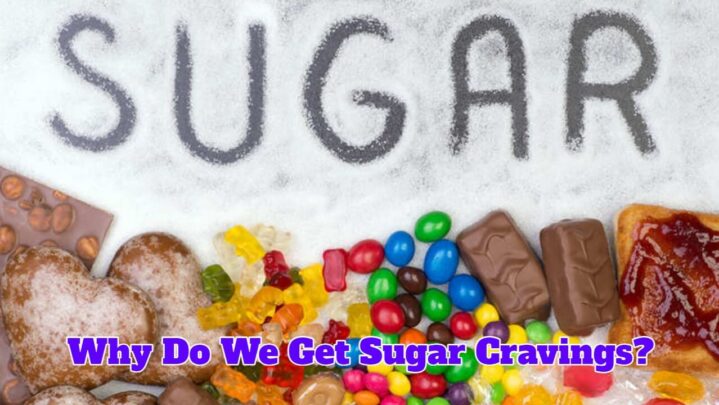Many people suffer from sugar cravings. The desire to consume sugary foods or beverages can be intense and sometimes overwhelming. Various physiological, psychological, and behavioural causes can cause sugar cravings.
One of the critical physiological causes for sugar cravings is the body’s natural sensitivity to low blood sugar levels. When our blood sugar levels drop, we may develop a hunger for sugar as a quick source of energy. This can occur when we miss meals, consume a diet high in refined carbs, or have a medical condition such as diabetes that impairs blood sugar management.
Another physiological component that can contribute to sugar cravings is the production of feel-good chemicals in the brain in response to sugar consumption, such as dopamine. In addition, sugar can activate the brain’s reward centre, resulting in pleasurable sensations and increasing the desire to consume more sugar.
Sugar cravings can be triggered psychologically by stress, worry, and emotional anguish. Sugary meals are often used as a source of comfort or stress relief since they can give a momentary distraction from bad feelings and increase mood. The culinary environment to which we are exposed can influence our sugar cravings. Various physiological, psychological, and behavioural variables can trigger sugar cravings.
Understanding these aspects can assist us in making informed dietary choices, managing cravings, and maintaining a balanced relationship with sugar consumption. To keep our sugar cravings in line, we must listen to our bodies, be attentive to our emotions, and practice healthy eating habits.





